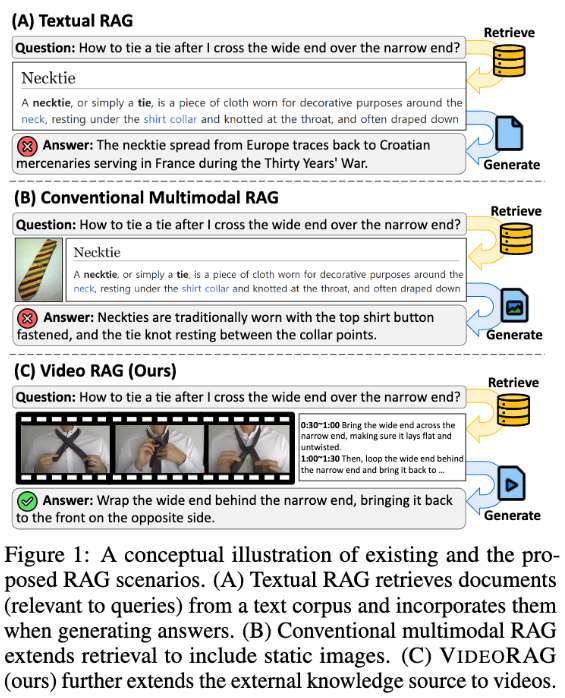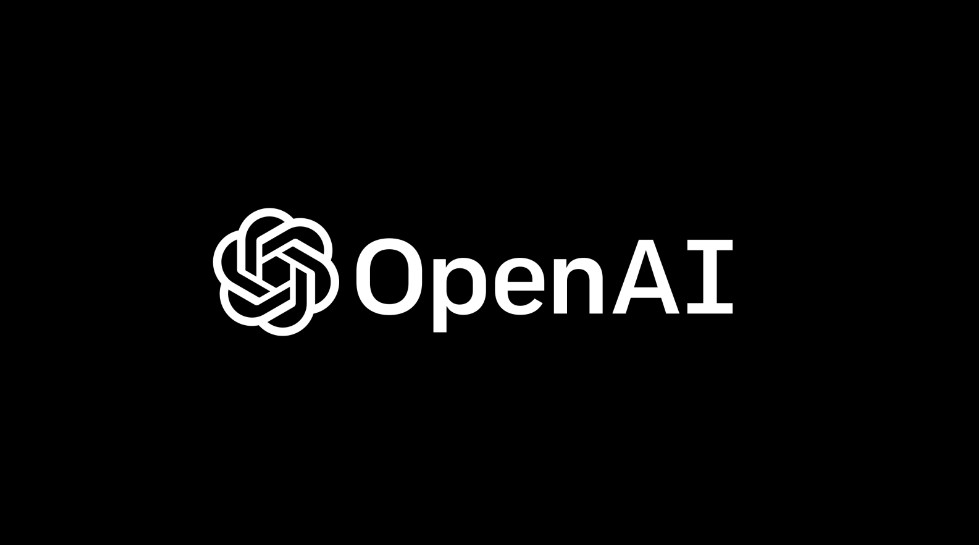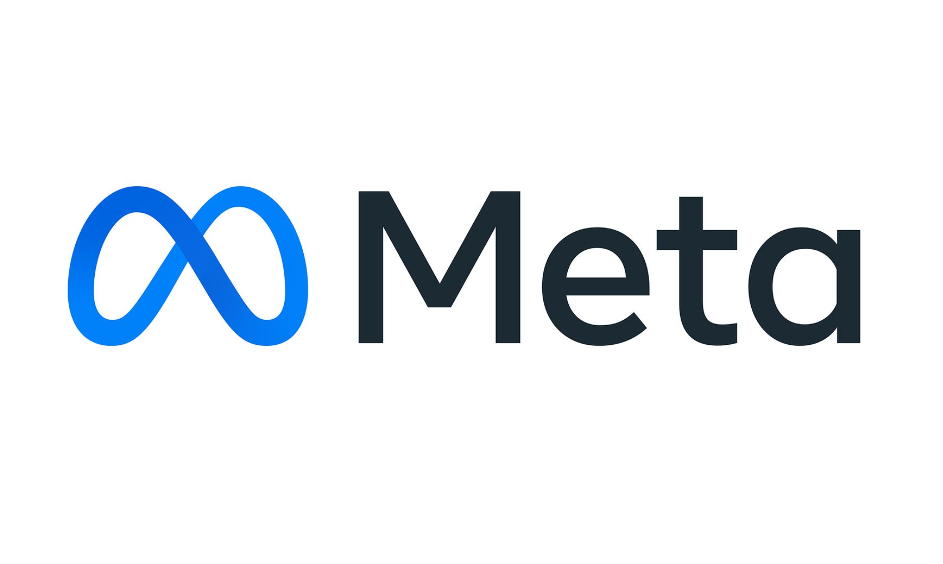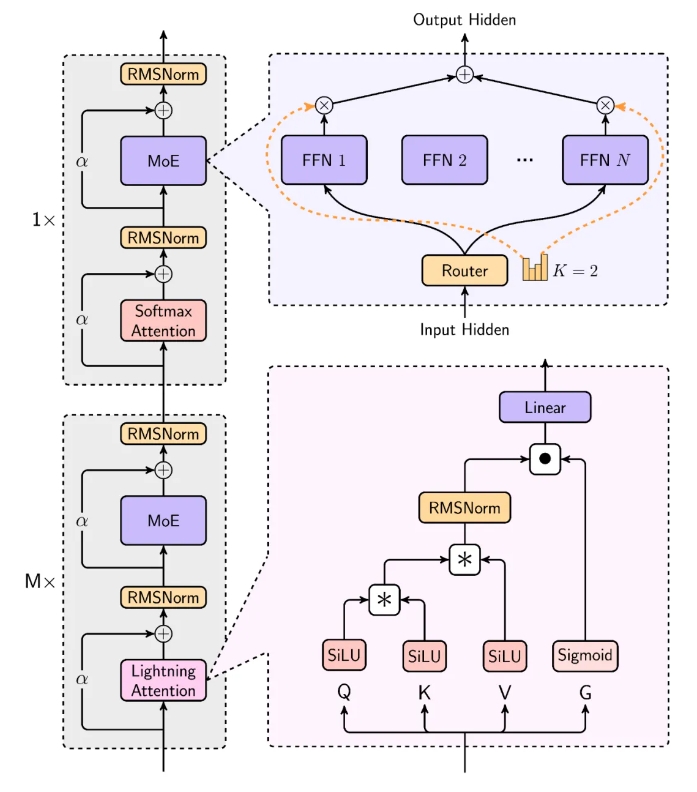Recently, cloud computing company CoreWeave officially opened its first international data center in the UK, marking its expansion into markets outside the United States. CoreWeave was founded in 2017 and initially focused on cryptocurrency mining, but as the demand for artificial intelligence computing surged, the company decided to shift its GPU infrastructure to the field of AI computing.
CoreWeave opened its European headquarters in London in May last year and later completed a $1.1 billion financing round, bringing its valuation to $19 billion. As part of its investment in the UK, the company announced that it will invest US$1.25 billion to build two data centers in the UK. The first data center is located in Crawley and was quietly launched in October last year; the second one is located in London Docklands and began operations in December.

The opening of this data center complements the British government’s five-year investment plan. The government plans to enhance its own AI computing capabilities and establish geographical "AI growth zones" to promote the development of AI infrastructure in the private sector. British Finance Minister Rachel Reeves said that this investment is a huge vote of confidence in the British digital technology sector and will help promote economic growth and improve efficiency.
Both data centers use NVIDIA's latest H200 series graphics processing units (GPUs), which are specially designed for AI workloads, further enhancing CoreWeave's competitiveness in the AI computing market. CoreWeave currently operates 28 data centers around the world and plans to open 10 more new centers by 2025, including three announced locations in Norway, Sweden and Spain.
CoreWeave isn't alone in the current cloud computing landscape. Many local European companies, including France's FlexAI, Finland's DataCrunch and the Netherlands' Nebius, are also actively participating in this AI craze, striving to get a share of this rapidly developing market.
AI courses are suitable for people who are interested in artificial intelligence technology, including but not limited to students, engineers, data scientists, developers, and professionals in AI technology.
The course content ranges from basic to advanced. Beginners can choose basic courses and gradually go into more complex algorithms and applications.
Learning AI requires a certain mathematical foundation (such as linear algebra, probability theory, calculus, etc.), as well as programming knowledge (Python is the most commonly used programming language).
You will learn the core concepts and technologies in the fields of natural language processing, computer vision, data analysis, and master the use of AI tools and frameworks for practical development.
You can work as a data scientist, machine learning engineer, AI researcher, or apply AI technology to innovate in all walks of life.







